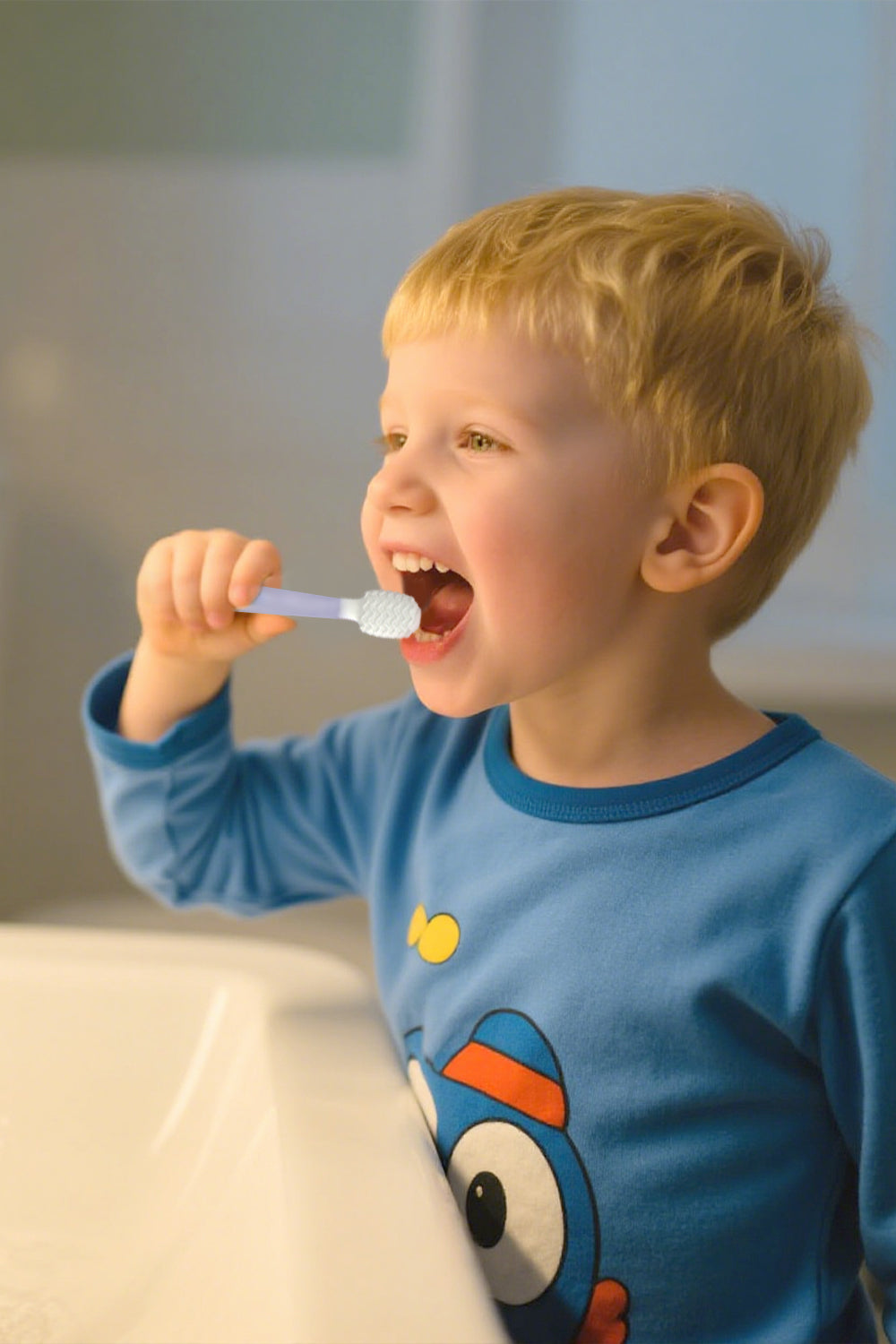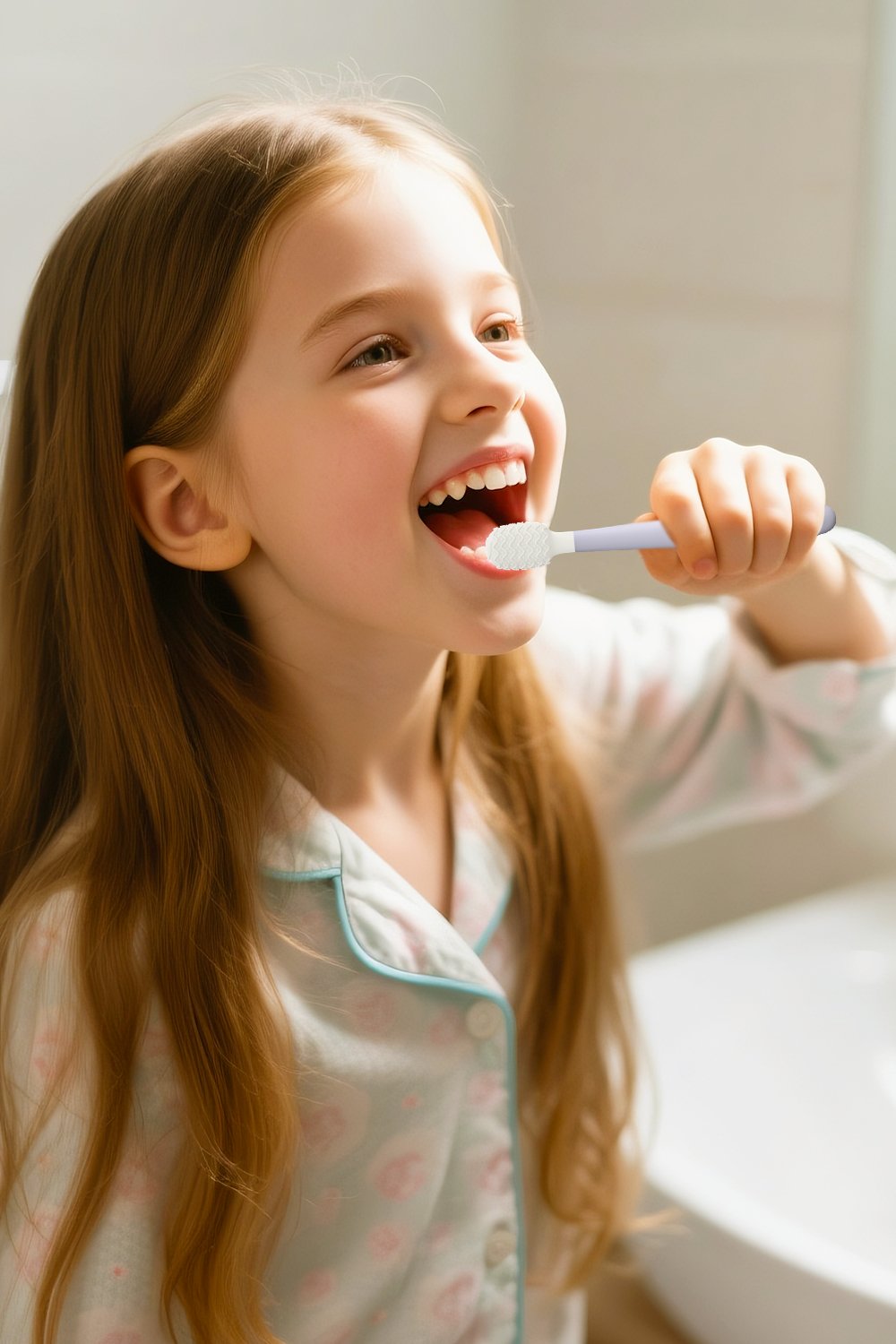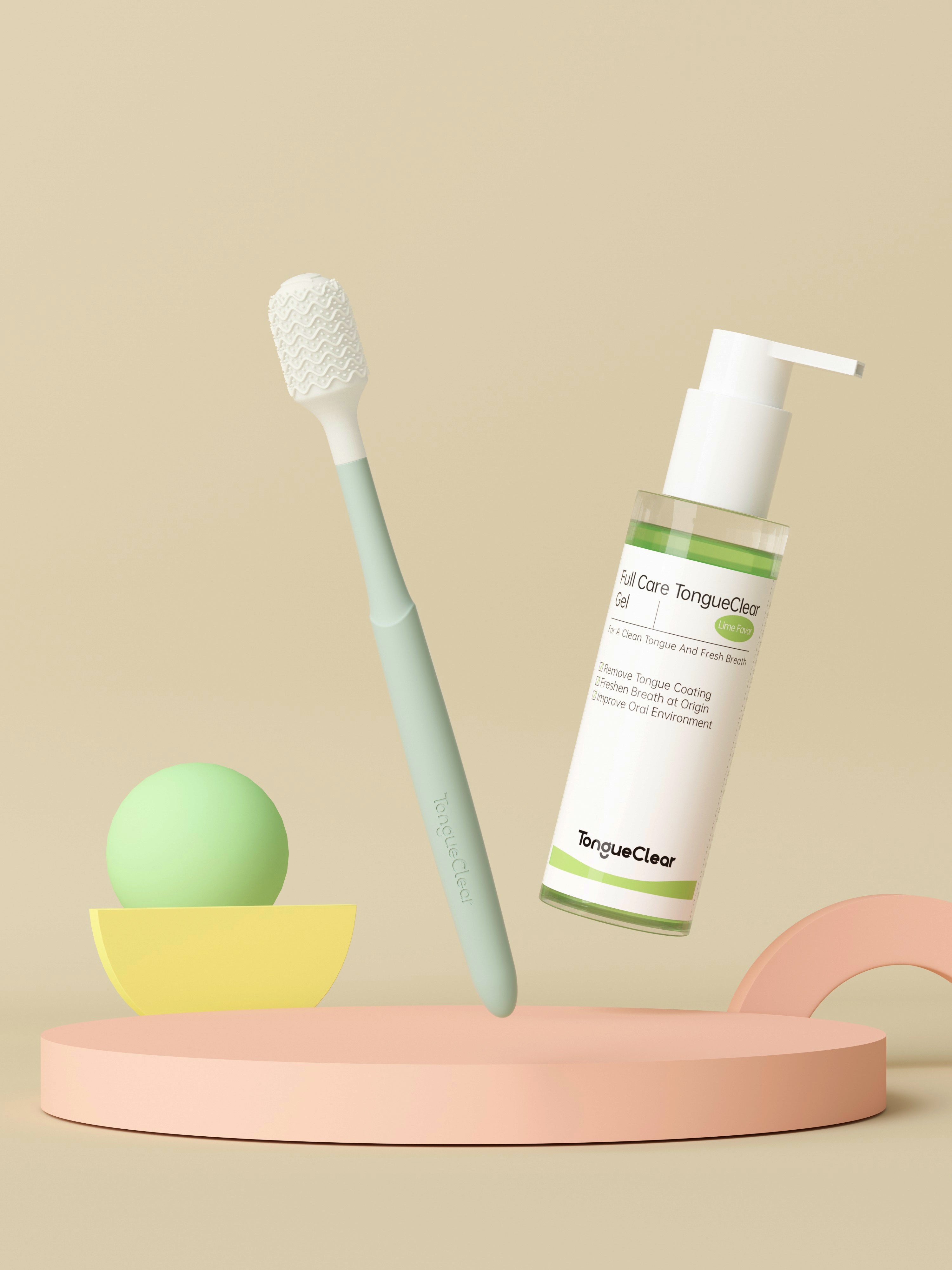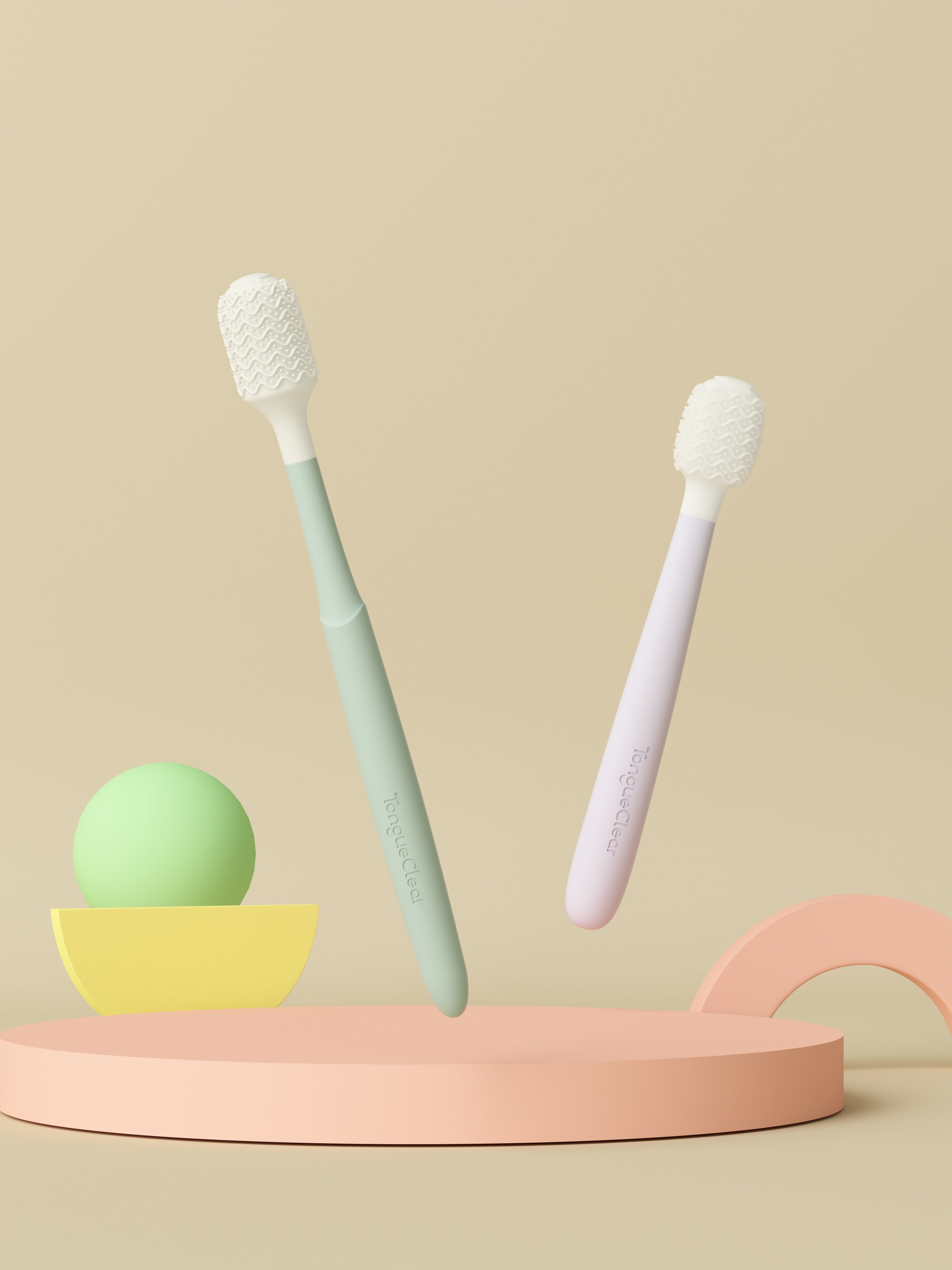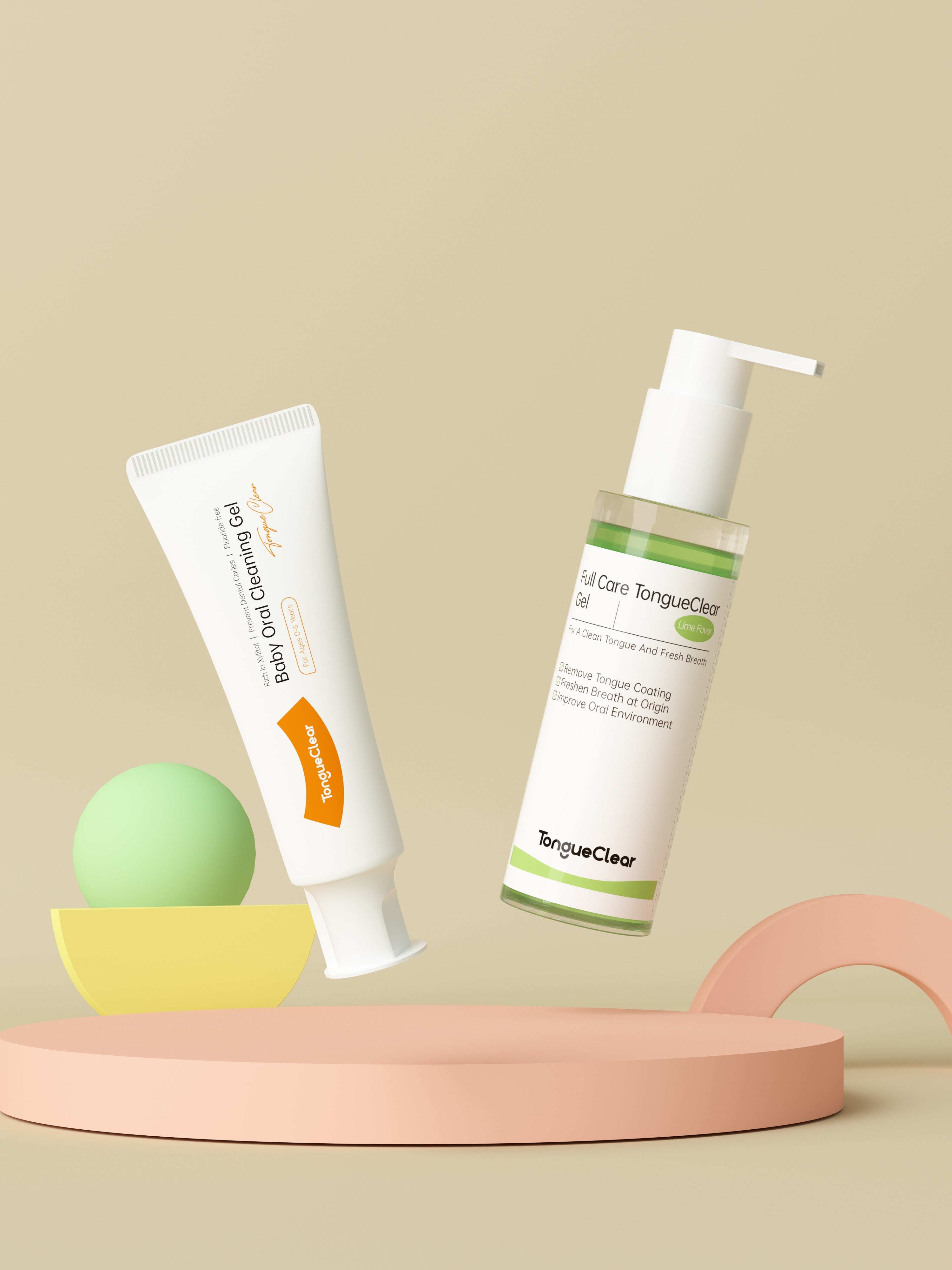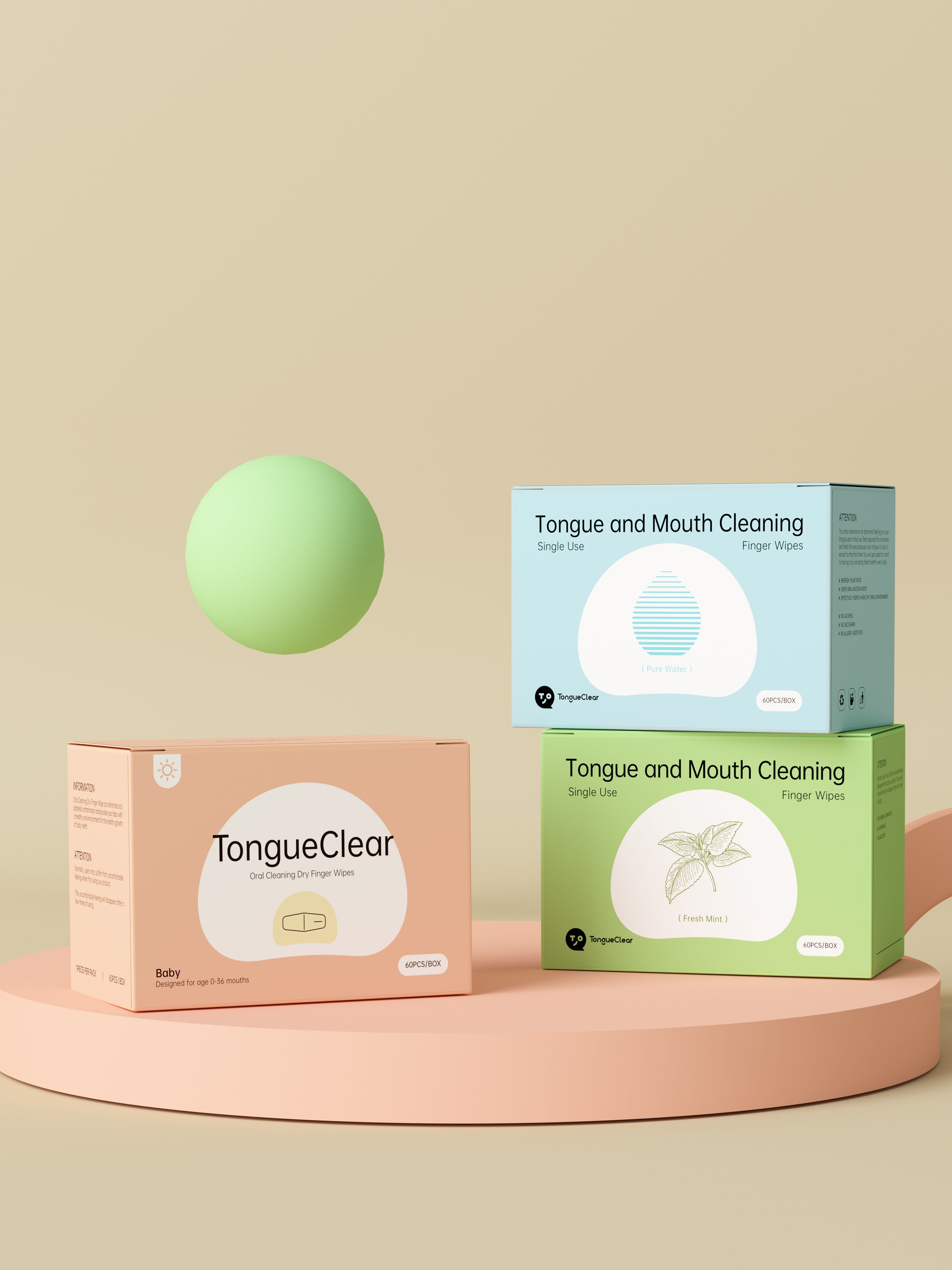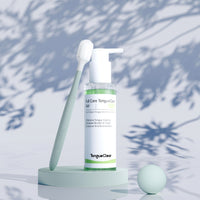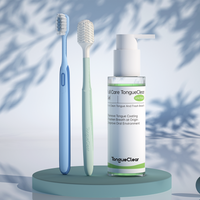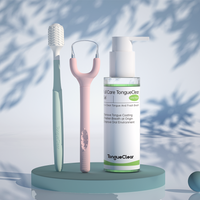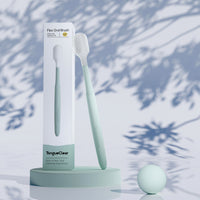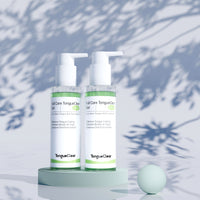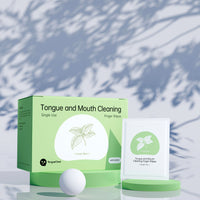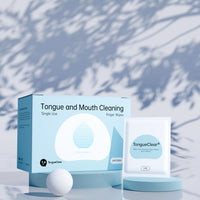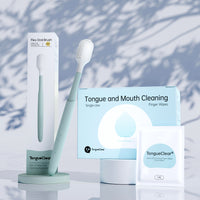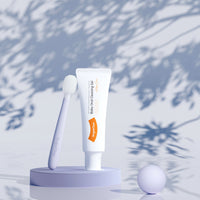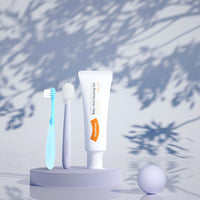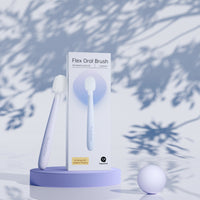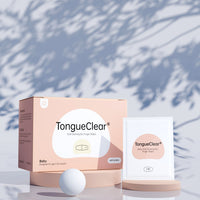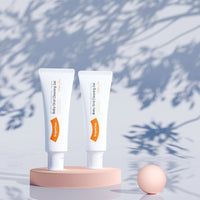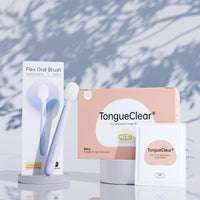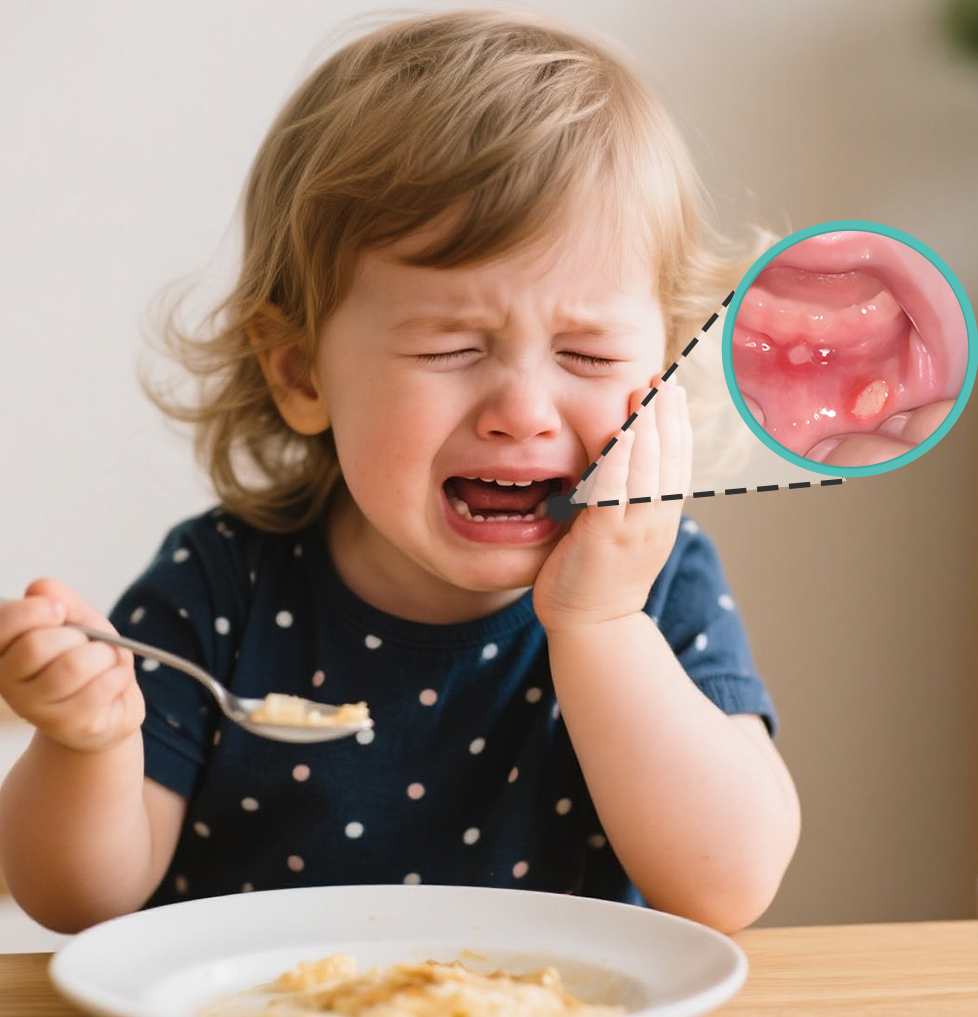
Pediatric mouth ulcers
Pediatric mouth ulcers (canker sores) are one of the most common diseases of the oral mucosa, with a prevalence in the pediatric population generally considered to be more than 10%,. Pediatric mouth ulcers are limited ulcerative lesions of the oral mucosa characterized by periodic recurrent episodes, which can heal spontaneously and can occur in any part of the oral mucosa, with the lips, cheeks, and tongue being the most common, and in severe cases, the mucosa of the pharynx can be affected.
In which parts of the mouth are ulcers likely to occur?
Oral mucosal ulcers can invade any part of the oral mucosa, preferably in the corners of the mouth area, tongue edge, tongue belly, and then gradually move to the back of the mouth, such as the parapharynx, soft palate, with severe pain. Oral ulcers include infectious ulcers and non-infectious ulcers, the former is usually seen in immunocompromised, radiotherapy complications, and fungal infections; in daily life, non-infectious ulcers are more common, mostly caused by insufficient intake of vitamins, bites, and scratches of food on the oral mucosa.
How to treat and prevent?
The main aim of treatment for mouth ulcers is to minimize pain and speed up recovery time. Although mouth ulcers are extremely common, there have not been many clinical studies on their treatment because they are highly self-healing. The following treatments can be recommended at this time.
- Pain reduction. In children, mouth ulcers prevent children from eating or crying. Parents can allow their children to drink more ice water or apply ice cubes to the ulcerated area by mouth.
- Reduce irritants. When there are ulcers in the mouth, many foods that contain acid or have a strong flavor can irritate the wound. Parents can choose lighter and more fluid foods for children to swallow easily.
- Maintain oral hygiene. Since mouth ulcers are thought to be the result of oral bacteria invading the wound or viral infection. Parents should try to maintain good oral hygiene for their children.
- Take vitamins. Since it has been found that some patients with frequent mouth ulcers are generally deficient in trace elements such as Vitamin B (especially Vitamin B 12), folic acid, zinc, iron, etc., it is recommended that patients with frequent mouth ulcers be given a daily dose of combined Vitamin B or a direct dose of Vitamin B12.
- Healthy eating habits, drink plenty of water
- Use of medication. If there are multiple ulcers that do not heal on their own for more than three weeks, it is important to take your child to a doctor to rule out other causes.
Of course, in addition to the above preventive methods, a new oral cleaning technology can be used, which is the most effective and perfect preventive and therapeutic method, known in the medical field as the GIFT method, which is able to clean the oral cavity perfectly without wearing down the tooth enamel. It also effectively reduces the impact of the microbiota in the oral biofilm, which prevents the early colonizing bacteria from establishing a stable biofilm. Click here for more information:
A Novel, Simple, Frequent Oral Cleaning Method Reduces Damaging Bacteria in the Dental Microbiota
Share



